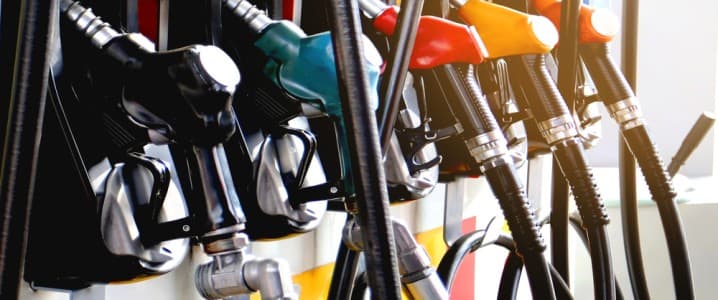Russia’s Federal Anti-Monopoly Service (FAS) has launched a formal case against a Gazprom subsidiary for sharply reducing gasoline sales on the country’s main energy exchange, as the Kremlin weighs curbs on fuel exports to ease surging domestic prices.
In a Friday statement, FAS accused Gazprom’s oil-products trading unit of slashing sales of Ai-92 and Ai-95 gasoline on the St. Petersburg International Mercantile Exchange by 74% and 50%, respectively, between May 20 and June 27. The agency said such a drop “in the high-demand season” may violate competition law and disrupt market stability, according to Reuters.
Russian regulators had earlier issued a formal warning on June 17, demanding that Gazprom explain the abrupt decline in exchange-traded volumes from its Surgut and Astrakhan production facilities, both major suppliers to the domestic market. Gazprom had ten days to respond, according to RBC and Gazeta.ru.
The probe comes amid rising consumer fuel costs and potential government intervention to stabilize prices. Russian authorities are now considering new limits on gasoline exports to ensure adequate domestic supply, especially ahead of harvest season and higher summer transport demand.
The antitrust investigation indicates increasing pressure on state-aligned energy firms to prioritize internal market stability over profit-driven export volumes. Russia’s exchange-based pricing mechanism, which is intended to ensure transparency and supply continuity, relies on consistent participation by major producers, including Gazprom.
The Kremlin is under pressure to contain fuel inflation ahead of harvest season and peak summer mobility. By targeting a core subsidiary of Gazprom, regulators are signaling that no state-aligned firm is exempt from domestic supply obligations. Analysts in Russian media suggest the move is designed to reassure the public at a time when prices at the pump are rising, as well as being a warning to the elite stakeholders that export-driven margins will not be allowed to override internal market stability.
By Charles Kennedy for Oilprice.com
More Top Reads From Oilprice.com

